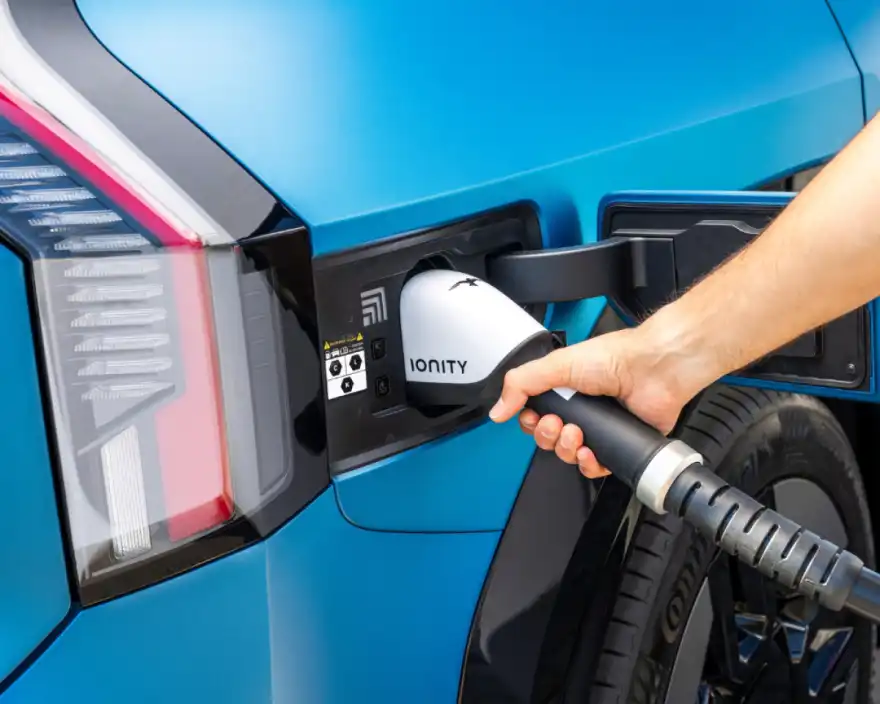
Prime Minister Rishi Sunak recently announced that the government is pushing back its date on the ban of new petrol and diesel cars from 2030 to 2035.
It came as quite a surprise for the automotive industry and has caused some rifts as while some welcome the decision, many manufacturers have expressed disappointment.
But what does the ban mean for the transition to electric cars and will it impact the purchase of your next car? Let’s take a look.
Why has the ban been pushed back from 2030 to 2035?
Previously the government had set out that after 2030, no conventional petrol or diesel cars could be sold, and that it was only certain hybrid vehicles could be permitted until 2035, though which kind hadn’t been specified.
By 2035 all new cars needed to be fully zero emissions, and that hasn’t changed – it is only the period between 2030 and 2035 that has been altered. Rishi Sunak announced the decision as part of various changes to the ‘Net Zero’ pledges previously announced.
In Sunak’s speech, he said that it should be consumers making the choice to go electric, rather than the ‘government forcing you to do it’. He added that the ‘upfront cost is still too high, especially for families struggling with the cost of living’ and that ‘small businesses are worried about the practicalities’, and that was the reason for pushing back the ban.
What have car manufacturers said about the ban being pushed back?
Many car manufacturers have come out to give their opinions on the 2030 date, and it’s been frostily received overall.
Ford’s UK chair Lisa Brankin said that the announcement ‘undermined the firm’s previous commitments to EVs. She added: “We need the policy focus trained on bolstering the EV market in the short term and supporting consumers while headwinds are strong: infrastructure remains immature, tariffs loom and cost-of-living is high.”
Many car manufacturers have also already set out fixed dates when they’ll stop selling petrol and diesel cars – Mini, for example, has said it will only sell EVs from 2030, and that this ‘won’t change’.
The only manufacturer to truly welcome the decision is Toyota, which still sells predominantly hybrid models. It said: ‘The announcement is welcome as it provides the clarity industry has been asking for and recognises that all low emission and affordable technologies can have a role to play in a pragmatic vehicle transition.’
Does this mean I can now buy a new petrol or diesel car after 2030?
Yes, exactly that. You will now, provided the rules don’t change and manufacturers are still offering them, be able to buy a petrol or diesel car after 2030. It’s not quite as simple as that, however, as the government is mandating that a certain percentage of every manufacturer’s sales will need to be electric, which we’ll explore in detail later on.
It’s worth noting that even after 2035 when only fully zero-emissions new cars and vans can be sold, you’ll still be able to buy used petrol and diesel models.
What about if there is a change of government, will this change the date?
The next general election is due by January 2025, and this could be brought forward. With the polls suggesting that the Conservatives will lose out, it could see Labour take control.
This is where it gets interesting as Labour has said it would reinstate the 2030 petrol and diesel car ban if it had the majority and was elected.
Manufacturers must still meet mandated electric car targets – what does this mean?
It’s not as simple as car manufacturers being able to do what they like until 2035, however, as the government is also introducing a ‘Zero Emissions Vehicle Mandate’.
What this means is that from 2024 a certain percentage of every car firm’s sales need to be zero emissions, otherwise they will face fines. Manufacturers can ‘trade’ with firms with a high EV mix already, such as Tesla, however.
The scheme requires 22 per cent of new cars sold in 2024 to be zero emissions, increasing to 80 per cent by 2030. It therefore means there’s only a small percentage of petrol models that can be sold after this date.




